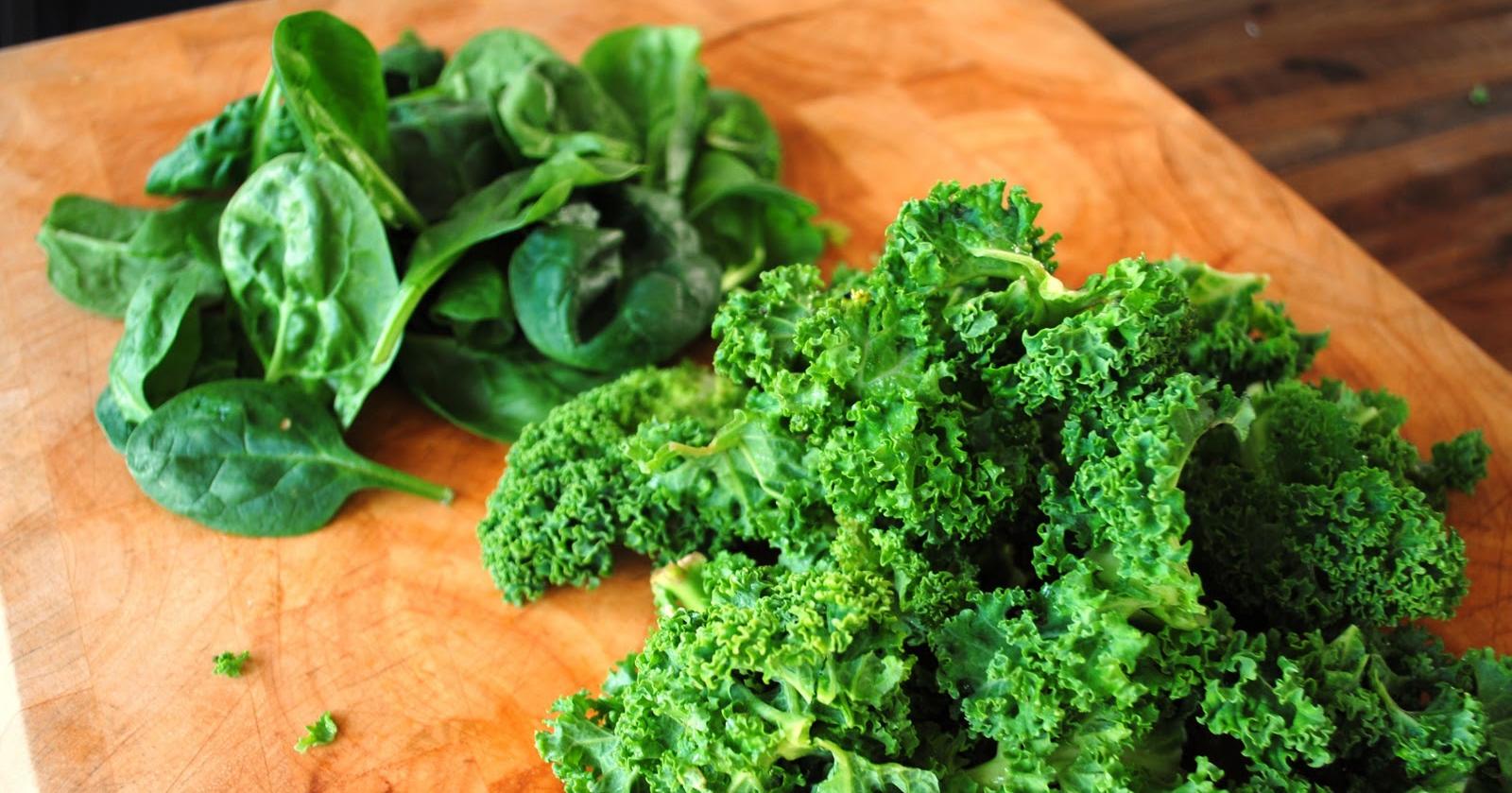Causes, Symptoms & Cures For Rheumatoid Arthritis
How Its Diagnosed

It's sometimes difficult to diagnose early-stage rheumatoid arthritis because the symptoms tend to line up with those seen in many other diseases. Right now, there's no physical symptom or singular blood test that can confirm a diagnosis. A doctor will do a physical exam and check the joints for warmth, redness, and swelling. They might also check the patient's muscle strength and reflexes. Blood tests may help indicate an inflammatory process is happening. Rheumatoid arthritis patients often have an elevated C-reactive protein or erythrocyte sedimentation rate. Blood tests can also look for anti-CCP antibodies. Imaging tests like X-rays might help track the progression of rheumatoid arthritis over time, while ultrasounds and MRIs can help doctors determine the disease's severity.
Anti-Inflammatory Diet

Because inflammation highly characterizes rheumatoid arthritis, it may be helpful to eat an anti-inflammatory diet or one excluding processed foods, refined sugars, grains, gluten, sweets, candy, and soda. Eating fruits and vegetables high in antioxidants may help reduce inflammation by binding to free radical toxins and moving them out of the body. Be sure to include steamed, baked, or raw vegetables in all the main meals. Add spinach and fresh fruit to smoothies, broccoli to lunch salads, and sweet potatoes as a dinner side.
